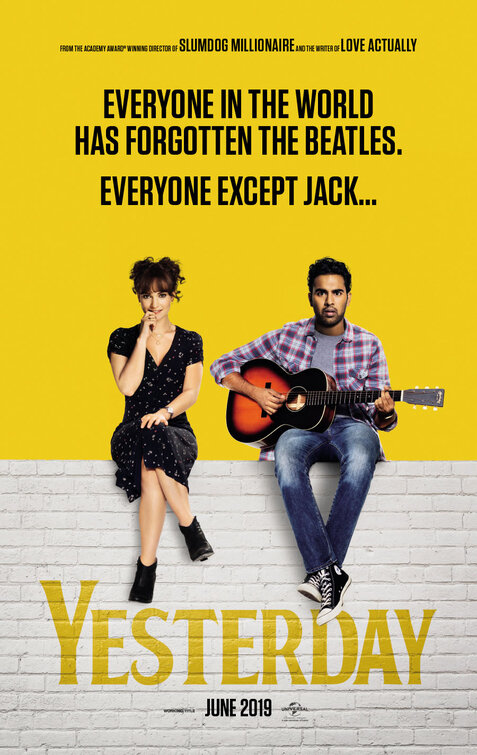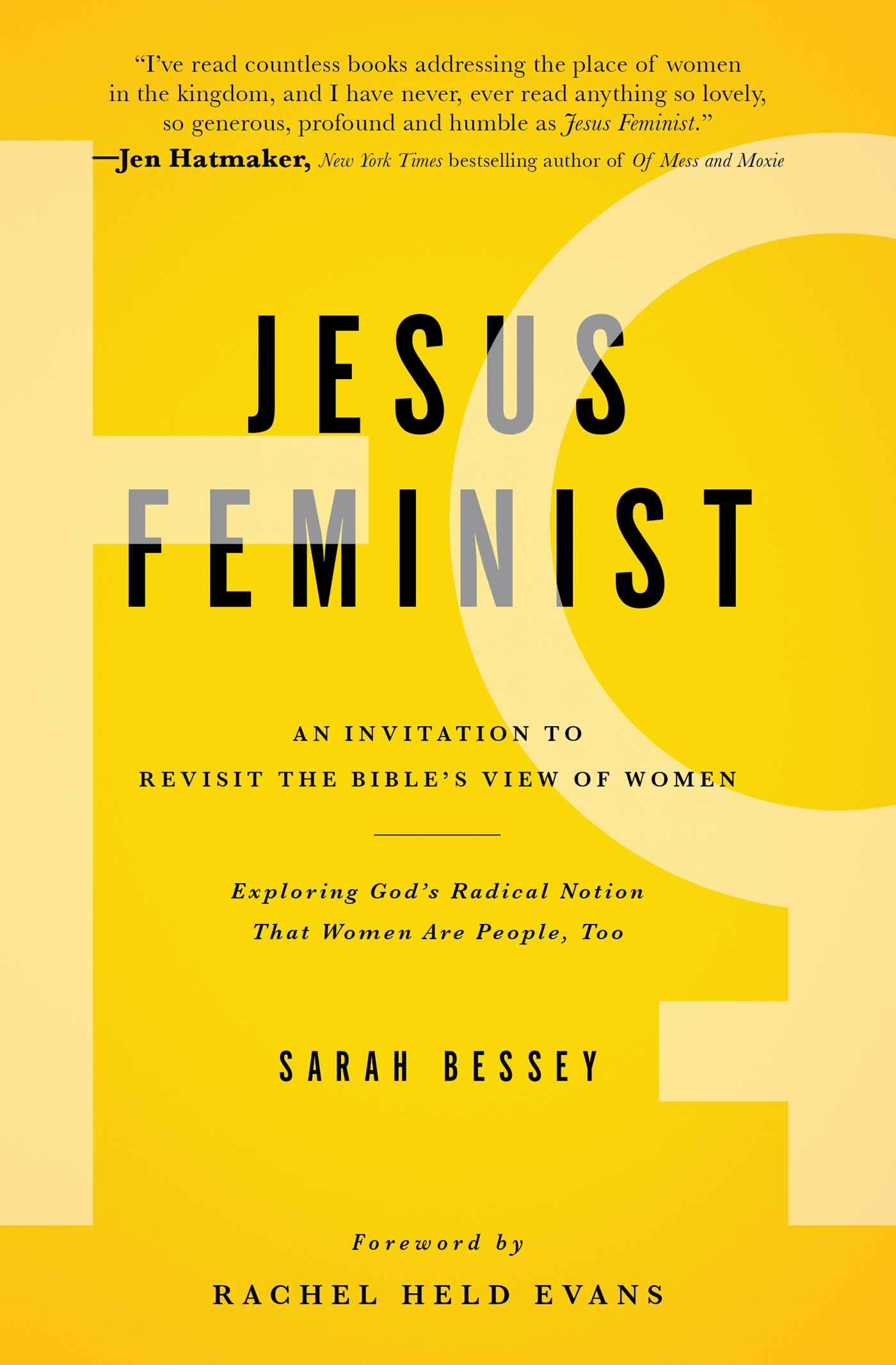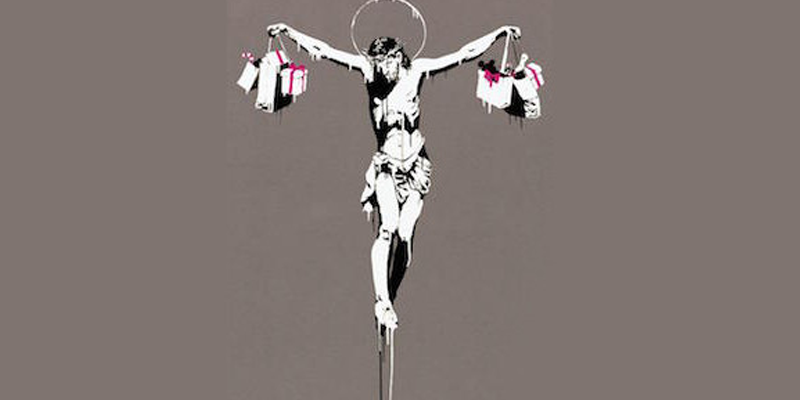 Debra comes out with the vision of her book right away:
Debra comes out with the vision of her book right away:
This book is about the posture one takes not the position one holds.
She isn’t interested in writing a policy manual for the Christian position regarding issues of sex, gender, and the gay lifestyle. Her book is really her own personal story and the stories of the many that she loves. Deb was abused early and often, developed same sex attraction, almost as a defence mechanism against predatory men, ended up being part of a communal lifestyle with both men and women, then found Jesus, after a while she stumbled into an ultra conservative seminary to learn about the Bible. It came as a shock for Deb to find out that people at the Seminary might frown on her more “free” perspective on life and sex. Eventually, Deb would graduate from the seminary marry a guy named Allen and they would become the dynamic and influential writer/speaker duo that they are today. If I had to to tell you about her book using twitter my description would be as follows:
- Sex points you to God
- Christians have really screwed things up
- Covenant love is where it’s at
- Human Sexuality is complex, stop acting like a know it all
- What’s the Christian position? — Love, Serve, Pray
Sex points you to God
Deb is convinced that sex is more than a biological function. Her contention is that sex is a deeply spiritual event. It reveals the deeper human longing for eternal connection, for transcendent belonging. As Christopher West says “The sexual confusion so prevalent in our world and in our own hearts is simply the human desire for heaven gone berserk.” We want to belong so badly, but we don’t know how to get there, or how sex plays a role in that. She quotes psychiatrist M. Scott Peck on this saying “Sex is the closest that most people ever come to a genuine spiritual experience.” She goes further saying that “orgasm is a fleeting experience of transcendence — a way of loosing ourselves.”
“Whatever it is that one is seeking in sex, one thing seems clear — it’s more than just about momentary pleasure, as intoxicating as that can be. It seems that almost all the existential and religious aspects of human life are somehow mysteriously involved.”
“Every aspect of our sexuality: our capacity for relationships, our longing for love, our identity as male and female, all point to something beyond oneself, to the “Eternal Other” I have come to believe that our sexuality is so interlaced with longing for and experience of spirituality that we cannot access one without somehow tapping into the other.”
I’m inclined to agree, but so what? What can this deeper meaning about sex actually accomplish? She jokes, but with seriousness, that spiritual people ought to be some of the sexiest people on the planet. This observation, serves to tee up her next major point which is:
Christians have really screwed things up
And have been for quite some time. The early church fathers were certainly not rejoicing in the mystical union of sex as a pointer to God. Origen thought his sexuality would interfere with his spirituality so he castrated himself. Ambrose encouraged married priests “stop having sex with your wives” so they could focus on loving God. Jerome was utterly convinced that Mary the mother of Jesus could not have had a sex life, it would be dirt on her perfect reputation. Augustine, built an entire theology against the use of private parts by suggesting that original sin was passed on by having sex. The more sex, the more sin. Therefore sex should suppressed and avoided as much as possible.
Deb laments how fear has strangled a healthy sexuality out of so many Christians. Fear makes people create artificial boundaries, all the rules to make sure “it” doesn’t happen, actually back fires creating a forbidden fruit syndrome. Fear creates an over focus on sex. She quotes a popular Christian leader who recently wrote a tract entitled “12 questions to ask before watching Game of Thrones” All twelve of the questions had to do with the sexual content on the show, and none of the warnings were directed toward the greed, jealousy, deception, gratuitous violence, arrogance, or pride so prevalent. Deb makes the incredibly poignant observation
“We worry about what people are doing in bed much more than making sure everybody has a bed to begin with… Boundaries are certainly important for life and sexuality, and the Bible does give us guidelines, but read through the lens of fear they can become the very prison form which we ourselves need liberating.”
No argument from me. Her longings for a fear free version of sexuality really resinated.
“What would our marriages, our friendships, our churches, and our communities look like if men and women were not afraid of connecting with each other in deep ways? What if men and women could really know each other without sex getting in the way? What if we did not have to be afraid of our own and others’ bodies that we cannot trust ourselves with them. I guess we would look a whole lot more like Jesus! In Jesus, the fully integrated human, the embodiment of spirituality and sexuality, we find our model. A man whose life was characterized by right loving, who navigated well both genital and social aspects of his sexuality.”
Even still I’m afraid, I know my own heart, but I share her longing.
Covenant love is where it’s at
She doesn’t want to push anything on the reader directly, no dogmatic statements coming from this book, but covenant love certainly gets at least a gentle nudge in the readers direction. She describes it as “Abiding commitment to each other’s best interests, to the ongoing search for truth, vulnerability, the risk of getting hurt and the accountability of our community.” and contrasts it to its more intoxicating cousin, romantic love. She really isn’t a fan of our cultures efforts to send us forever hunting for the perfect romance, it’s an illusion, it’s a drug that wear’s off after a while. Our culture is intensionally misleading with it as well, because it assumes that once you’ve had “intense emotional connections” you’ve “fallen in love” and sex is the cultural expectation for those who experience these connections. This is neither right nor healthy. “Romantic love might get you down the aisle, but only the higher, more sacrificial love will carry you on till “death do us part” — Whatever human sexuality should look like, covenant love should be at its centre.
Human Sexuality is complex, stop acting like a know it all
In a way, she is calling her readers to chill out a bit, to stop talking and start listening. To realize that the world of black and white doesn’t mesh well with the complexities of human sexuality.
Regarding gender: She distinguishes the word from sex. Sex meaning the anatomical parts of the body, and gender being the non-physical aspects of being male or female that exist in a cultural context. Gender is also more internal, she says, it’s how we feel about ourselves. Gender “Is how we emotionally navigate the body we were born into.” It’s unhelpful for Christians to hang on to culturally solidified stereotypes of what it means to be a boy or a girl. She urges us to consider gender as more of a dynamic and fluid concept. The truth is expressions of masculinity and femininity change over time, and from culture to culture and that’s ok. She also doesn’t like the concept of “opposite sex” preferring rather that we understand ourselves as “neighbouring sex” since there is so much we share in common. To the Christian’s in her readership she says “The fruit of the Spirit doesn’t come in pink and blue”
She is the first to say male and female are different, those terms aren’t meaningless, or unnecessary, She even quips “It seems men have a penchant for looking at people’s private parts, women for looking into people’s private lives.” but on the whole she hates generalizations and calls on us to be more broad when considering gender.
Regarding categorizing people: Is this person gay, is this person not? Is this person trans is this person not? Her message on our never ending desire to categorize and label people is clear “Stop it!”
Deb says, “It’s ok to have intense same sex attraction and not have to view one-self as gay.” She notes, “the gap between gay and straight is not often as clear for women as it is for men. Perhaps this accounts for the rise in women who identify as bi-sexual.” Feelings and attractions ebb and flow, people are different, people change, we all make choices, life happens.
“Simple binary categories of homosexual and heterosexual are not really good enough. They don’t do the job, everyone has a story and not everyone fits neatly into those categories. Given that everyone’e experience of sexuality is not only multifaceted but unique to their story, it’s almost impossible to place a generic label on a whole group of people and think you’ve defined them… Anthropologist Jenell Williams Paris says ‘try to define gay or straight and the words begin to slip through our fingers’.”
Hirsh says, “No one is simply born gay. No surprises here. Lady Gaga is wrong.” She goes on to confirm the complexity of human sexuality by quoting the American Psychological Association:
There is no consensus among scientists about the exact reasons that an individual develops a heterosexual, bisexual, gay, or lesbian orientation. Although much research has examined the possible genetic, hormonal, developmental, social, and cultural influences on sexual orientation, no findings have emerged that permit scientists to conclude that sexual orientation is determined by any particular factor or factors. Many think that nature and nurture both play complex roles.
Her point is clear, whatever you think, there is an excellent chance you don’t know it all, what is true is that all human beings want to belong and to be accepted. Christians must be more than accommodating when it comes to that. Sadly we haven’t been.
Whats the Christian position? — Love, Serve, Pray. This book is a worthy read, it’s provocative and poignant. If you want a book that won’t give you all the answers your looking for, but will at least make you think, this is it. Also Deb is a delight to read, she uses humour well, and her stories are fantastic. I think I will finish this review by sharing some good quotes from her book.
- The only thing wrong with being an atheist is that there’s nobody to talk to during an orgasm. 🙂
- Beneath the search for genital sexuality is a longing to be loved. One seeks it where one can.
- I accepted Jesus into my heart but how do I get him into my penis?
- None of us are “healed from our sexuality” none of us are flawless. Most heterosexuals are actually polygamous in their orientation. We are all sexually broken
- Avoid stereotypes, think well of others. Love the sinner, hate your own sin
- Our business is to love, pray and serve and let God sort out the rest.
- Be a listener not a teller
- I have never been one for developing specific church policies on homosexuality. If we have a policy on homosexuality, why wouldn’t we also develop policies about every other ethical issue? For instance, what is our policy about greed? Jesus seems pretty concerned about this, yet I don’t know a single church who has a formal policy on it. The problem with writing policies on a particular issue is that you make that issue more important than the others
- Acceptance precedes repentance
- In essentials unity, in nonessentials liberty, in all things love.



